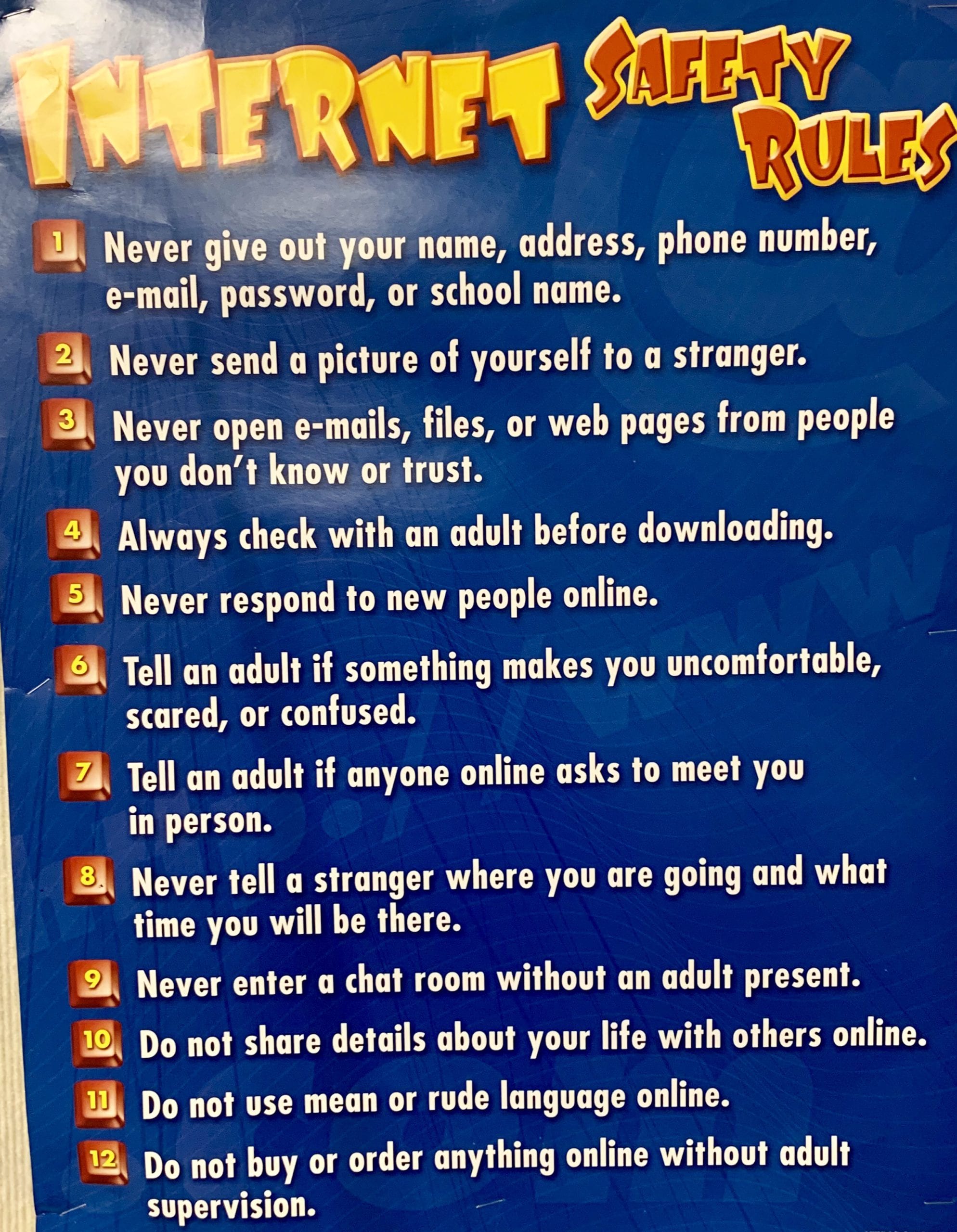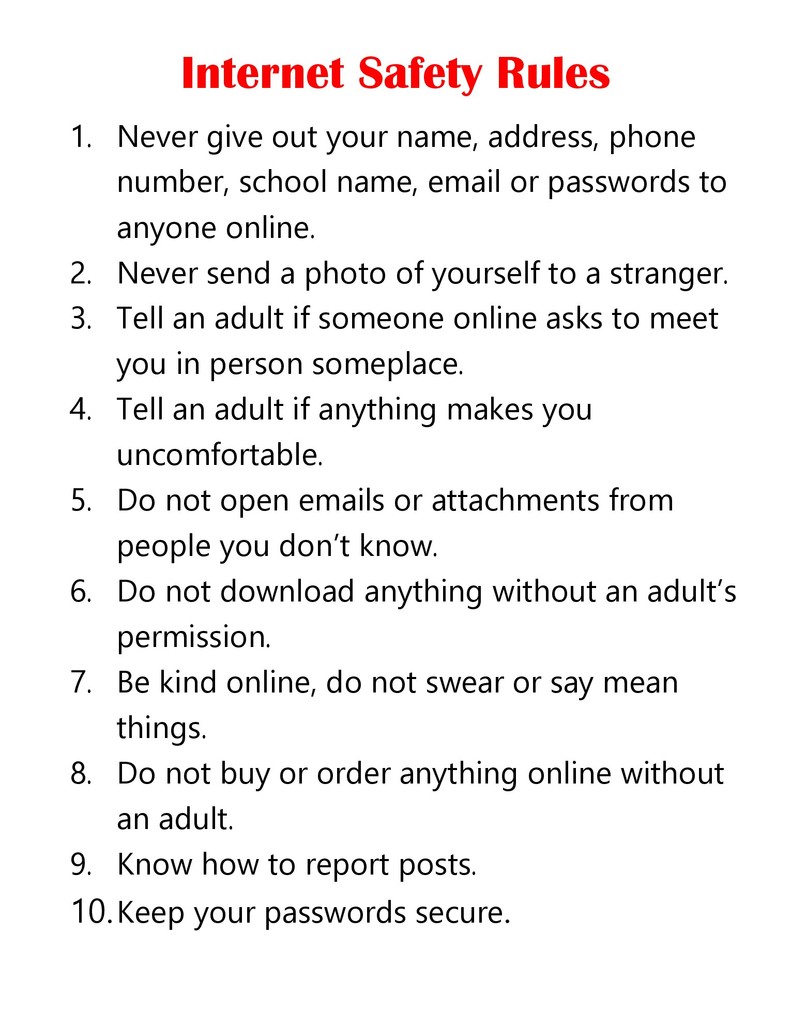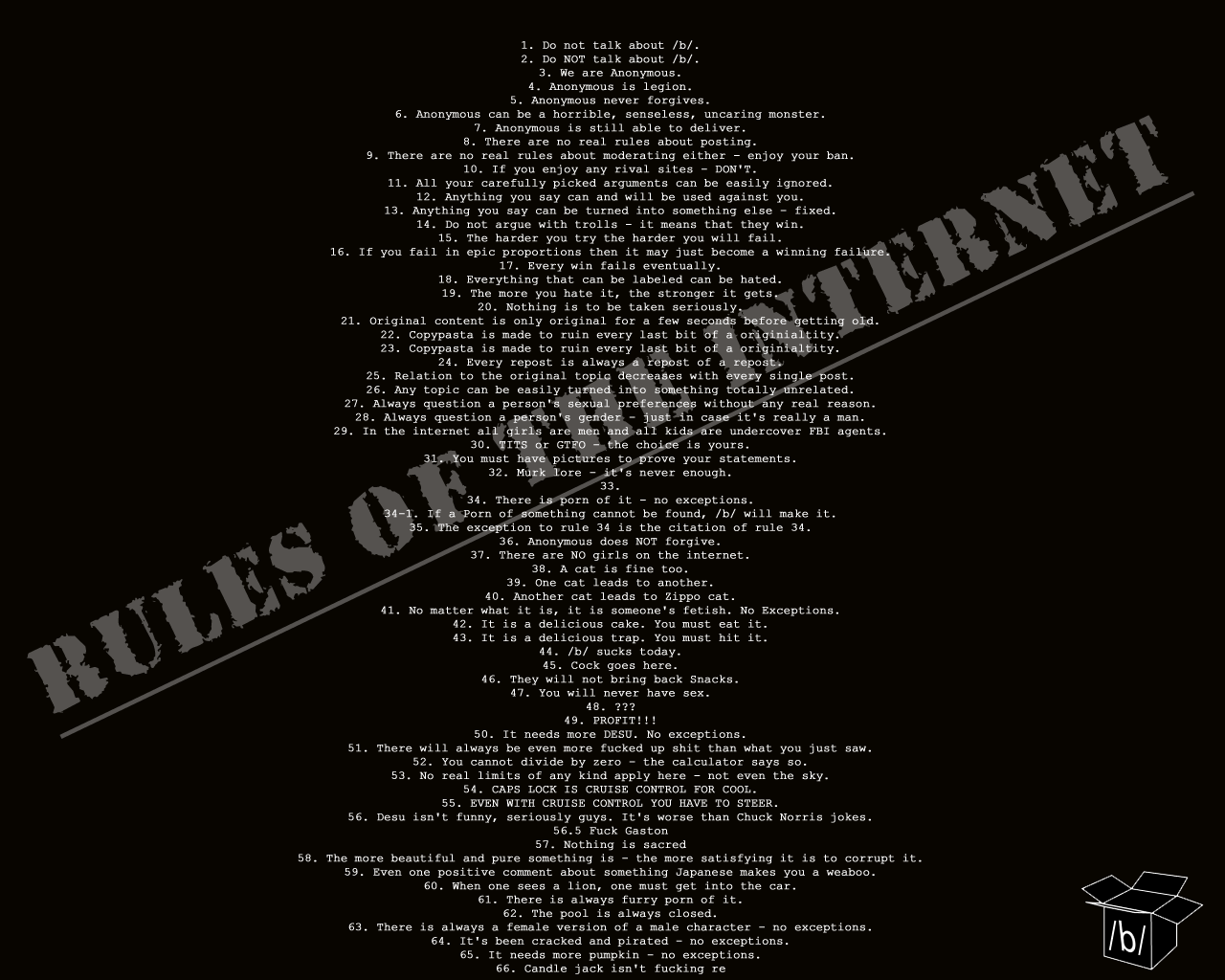Hey there, internet traveler! Let’s face it, the web is like a wild, untamed jungle where everyone’s trying to carve out their own little corner. But guess what? There are some rules in the internet that keep this digital jungle from turning into complete chaos. Whether you’re a rookie just dipping your toes into the online world or a seasoned pro who’s been around since dial-up days, understanding these rules is essential. You don’t want to end up breaking something you didn’t even know existed, right? So buckle up, because we’re diving deep into the unwritten and written rules that govern the internet.
Now, let’s break it down. The internet is vast—like, really vast. It’s a playground, a marketplace, a library, and sometimes even a battlefield. But no matter how you use it, there are certain guidelines that everyone should follow. These rules aren’t just about staying out of trouble; they’re about creating a safer, smarter, and more respectful online community. Think of them as the digital version of “don’t litter” or “be kind to others.”
And hey, don’t worry if you’ve been breaking some of these rules unknowingly. We’re here to set the record straight and give you the lowdown on what you need to know. From cybersecurity tips to netiquette essentials, we’ve got you covered. So grab a coffee, sit back, and let’s explore the rules of the internet together. Trust me, by the end of this, you’ll feel like a certified digital citizen!
Read also:Aubreigh Wyatt Bullies Name Unveiling The Truth Behind The Story
The Basics: What Are the Rules in the Internet?
Alright, let’s start with the basics. When we talk about rules in the internet, we’re not just talking about legal stuff (though that’s important too). We’re also talking about the unwritten codes of conduct that make online interactions smoother and more pleasant. Think of it like driving—there are traffic laws you have to follow, but there’s also that unspoken rule about letting someone merge when they’re stuck in the left lane. Same deal here.
Legal vs. Social Rules
There are two main types of rules in the internet: legal and social. Legal rules are the ones enforced by governments and organizations. These include things like copyright laws, data privacy regulations, and cybercrime laws. Breaking these can land you in serious trouble, so it’s best to stay on the right side of them. Social rules, on the other hand, are more about etiquette and common sense. They’re not legally binding, but they’re still important for maintaining a healthy online environment.
Why Do These Rules Matter?
Here’s the deal: the internet is a shared space. What you do online affects not only you but also the people around you. Following these rules helps create a safer, more respectful, and more productive online world. Plus, it can save you a lot of headaches down the road. Ever heard of that saying, “An ounce of prevention is worth a pound of cure”? Yeah, that applies here too.
Top 10 Written Rules in the Internet
Let’s get into the nitty-gritty of the written rules. These are the official guidelines that you need to follow to stay on the right side of the law and the internet gods. Here’s a quick rundown:
- Respect Copyright Laws: Don’t steal other people’s content. It’s not cool, and it’s illegal.
- Protect Your Personal Data: Be careful what you share online. Once it’s out there, it’s out there forever.
- Avoid Cyberbullying: Treat others with respect, even if you disagree with them.
- Use Strong Passwords: Weak passwords are like leaving your front door unlocked.
- Stay Updated: Keep your software and antivirus programs up to date to protect against threats.
- Don’t Spam: Nobody likes spam emails or comments. Just don’t do it.
- Be Transparent: If you’re running a business or blog, disclose any affiliate links or sponsored content.
- Follow Platform Guidelines: Each platform has its own set of rules. Make sure you’re familiar with them.
- Avoid Phishing Scams: Don’t click on suspicious links or give out sensitive information.
- Report Illegal Activity: If you come across something fishy, report it to the appropriate authorities.
Breaking It Down: Examples of Written Rules
Let’s take a closer look at some of these rules. For example, copyright laws are a big deal. If you’re using someone else’s work—whether it’s an image, article, or video—you need to get permission or use it under fair use guidelines. Same goes for protecting your personal data. With identity theft on the rise, it’s more important than ever to be cautious about what you share online.
The Unwritten Rules: Netiquette 101
Now, let’s talk about the unwritten rules. These are the ones that aren’t officially enforced but are just as important. Think of them as the digital version of manners. Here are a few key ones:
Read also:Coco Austin Nudes The Truth Behind The Hype And The Story You Need To Know
- Be Respectful: Treat others the way you want to be treated. Simple, right?
- Stay Polite: Even if you’re in a heated debate, there’s no need to get personal.
- Use Clear Language: Avoid jargon and overly complicated words unless you’re sure your audience will understand.
- Proofread Your Posts: Typos and grammatical errors can make you look unprofessional.
- Give Credit Where It’s Due: If you’re quoting someone or using their ideas, give them proper credit.
Why Netiquette Matters
Netiquette is all about making online interactions pleasant for everyone involved. It’s the difference between having a productive conversation and starting a flame war. By following these unwritten rules, you’re contributing to a more positive online culture. And who doesn’t want that?
Data Privacy: The New Frontier
Data privacy is one of the hottest topics in the world of rules in the internet today. With data breaches happening left and right, it’s more important than ever to protect your personal information. Here’s what you need to know:
What Is Data Privacy?
Data privacy refers to the protection of personal information that you share online. This includes things like your name, address, phone number, and even your browsing history. The goal is to keep this information private and secure from unauthorized access.
How to Protect Your Data
Here are a few tips to help you safeguard your personal data:
- Use strong, unique passwords for each of your accounts.
- Enable two-factor authentication whenever possible.
- Avoid clicking on suspicious links or downloading unknown attachments.
- Regularly update your software and antivirus programs.
- Be cautious about what you share on social media.
Cybersecurity: Staying Safe Online
Cybersecurity is another crucial aspect of the rules in the internet. It’s all about protecting yourself from hackers, scammers, and other online threats. Here’s how you can stay safe:
Common Cyber Threats
Some of the most common cyber threats include:
- Phishing Scams: Emails or messages that try to trick you into giving away personal information.
- Malware: Software designed to harm your device or steal your data.
- Ransomware: A type of malware that encrypts your files and demands a ransom for their release.
- DDoS Attacks: Attacks that overwhelm a website or server with traffic, making it inaccessible.
How to Protect Yourself
Here are some steps you can take to protect yourself from these threats:
- Install a reputable antivirus program and keep it updated.
- Be cautious about opening emails or messages from unknown senders.
- Regularly back up your important files to an external drive or cloud storage.
- Stay informed about the latest cybersecurity trends and threats.
Social Media Etiquette: Do’s and Don’ts
Social media has its own set of unwritten rules. Here’s a quick guide to help you navigate the social media jungle:
Do’s
- Be authentic and share your true self.
- Engage with others in a positive and respectful way.
- Use hashtags appropriately to reach a wider audience.
- Respond to comments and messages in a timely manner.
Don’ts
- Don’t overshare personal information or sensitive details.
- Don’t engage in arguments or start flame wars.
- Don’t spam your followers with repetitive posts or ads.
- Don’t plagiarize content or steal other people’s ideas.
Legal Ramifications: What Happens If You Break the Rules?
Breaking the rules in the internet can have serious consequences. Depending on the severity of the offense, you could face fines, legal action, or even jail time. Here are a few examples:
Copyright Infringement
Using someone else’s content without permission can result in a lawsuit. If you’re found guilty, you could be ordered to pay damages and remove the infringing material.
Cyberbullying
Cyberbullying is taken very seriously in many countries. In some cases, it can lead to criminal charges and even jail time.
Data Breaches
If you’re responsible for a data breach, you could face hefty fines and damage to your reputation. Companies that fail to protect customer data can also lose business and face lawsuits.
Conclusion: The Importance of Following the Rules
So there you have it, folks. The internet is a powerful tool, but with great power comes great responsibility. By following the rules in the internet, you’re not only protecting yourself but also contributing to a safer, smarter, and more respectful online community. Remember, the internet is a shared space, and what you do online affects everyone else too.
Now, here’s where you come in. If you found this article helpful, feel free to share it with your friends and family. And if you have any questions or comments, drop them below. Let’s keep the conversation going and help each other become better digital citizens. After all, the internet is our home, and it’s up to all of us to keep it clean and safe.
Table of Contents
- The Basics: What Are the Rules in the Internet?
- Top 10 Written Rules in the Internet
- The Unwritten Rules: Netiquette 101
- Data Privacy: The New Frontier
- Cybersecurity: Staying Safe Online
- Social Media Etiquette: Do’s and Don’ts
- Legal Ramifications: What Happens If You Break the Rules?
- Conclusion: The Importance of Following the Rules


